On a spectacular September morning more than seven years ago, our world changed. I remain one of those who believe that that day remains indelible, and its lesson unforgettable. The civilized democratic world came under attack from a small but lethal band of religious fanatics bent on destroying free societies, and, more terrifyingly, eager to get their hands on weapons of mass destruction that could make 9/11 look like a dry run.
We are still under attack.
This confluence of fundamentalism and lethal technology is the greatest danger of our time. And in the last seven years, the threat has not abated. Al Qaeda remains at large, and the very top leadership that planned and executed 9/11 is alive. They have reconstituted a base of sorts in

Pakistan. They have scored several major propaganda victories - from Abu Ghraib to Guantanamo Bay to trapping most of the US military in an unending counter-insurgency in one country where al Qaeda was weak before 2002, Iraq. Islamist factions in Pakistan's government are horrifyingly close to nuclear technology. Iran has gained in power and influence in the Middle East and its ability to launch and use nuclear weapons is much greater than it was on 9/11. At its best, the Iraq war will lead to a fractured petro-state, closely allied with Iran, beset by constant infighting and terrorism. At its worst, Iraq will keep over 100,000 young Americans trapped there for the rest of our lives. The war in Afghanistan against the Taliban is at a seven year nadir.
Now the really bad news: the view of co-presidents Bush and Cheney is that this is a war that can and should be controlled by only one branch of government and a war in which the job of the citizenry is to shop. It is a global war where force of arms remains too often a first resort and in which talking to our enemies is regarded as "the white flag of surrender," instead of another tool at our disposal. It is a war
where the American government has alienated - in some cases deeply - democratic allies whose police work and intelligence we desperately need. 
I do not doubt that military force is part of the mix to defeat this threat. (Like everyone else, I'm heartened that general Petraeus has introduced some minimal intelligence into the occupation of Iraq, although I fear it has merely made our presence more protracted and our withdrawal more difficult.) But the crudeness with which military force has been deployed, the absence of strategy or even due diligence in the execution of the long war, and the massive public relations blunders which have led the United States to lose a propaganda war against a bunch of murderous, medieval loons are unforgivable.
 03 Nov 2008 12:30 pm
03 Nov 2008 12:30 pm










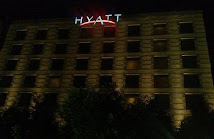













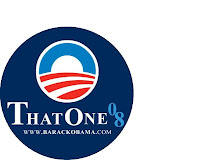
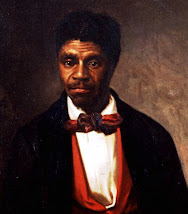

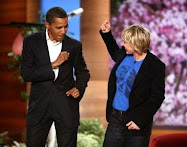


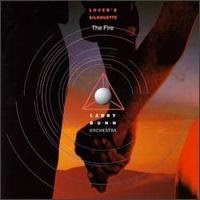


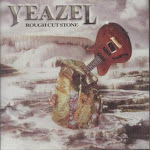

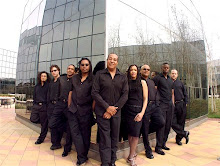

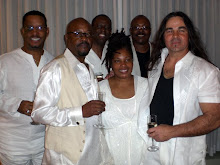

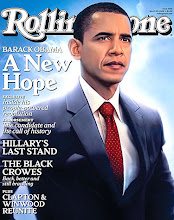









No comments:
Post a Comment